Back
Medial Startup Trivia
Trivias Around start... • 1y
The Rise and Fall of Vevo: How Music's Corporate Giants Tried to Conquer the Internet In the late 2000s, the music industry was bleeding. Napster and LimeWire had decimated traditional revenue streams, and record labels watched helplessly as illegal file-sharing obliterated their business model. It was in this moment of digital desperation that Vevo was born – a calculated corporate maneuver that would reshape how we consume music videos. The Genesis of Vevo Vevo (short for "Video Evolution") Created in 2008, was a strategic alliance between Universal Music Group, Warner Brothers and Sony Music Entertainment – the Big Three record labels that effectively control the music industry. Their mission was simple yet audacious: find a way to monetize music videos in the emerging digital landscape. Before Vevo, music videos lived on platforms like MTV, with networks paying artists directly for content. The internet changed everything. As CDs and physical media became obsolete, the music industry needed a lifeline in the times of internet – and Vevo was that. Launch and Early Dominance On December 8, 2009, Vevo exploded onto the scene with a total $300 million investment & a massive catalog of 30,000 videos from megastars like: - Eminem - Lil Wayne - Michael Jackson - Lady Gaga - Kesha - Miley Cyrus The launch was so explosive that their website crashed, but they still managed an unprecedented 35 million views in the first month. By early 2011, Vevo had become a digital powerhouse: - 3.7 billion monthly views - 13 million app downloads - $150 million in revenue The Unique Vevo Advertising Model Unlike YouTube's programmatic advertising, Vevo innovated with targeted ad placement. Imagine an advertiser's dream – securing a prime slot during a Drake music video or a Taylor Swift interview. This approach was more lucrative than the scatter-shot method most platforms used. YouTube played a crucial role, hosting about 80% of Vevo's content. The platform was critical to Vevo's strategy, with YouTube only monetizing 3% of its videos at the time. The Diversification Attempts As challenges mounted, Vevo tried multiple strategies to stay relevant: - Creating additional content like interviews and live concerts - Developing a mobile app - Exploring Vevo TV (a Hulu-like platform for music videos) - Attempting to create a subscription service However, these efforts were ultimately futile. Consumers had grown accustomed to free music videos, making a paywall nearly impossible. The Dramatic Downfall 2018 marked the beginning of Vevo's dramatic unraveling. A series of hacking incidents exposed the company's vulnerabilities: First, a hacking group called Armine breached Vevo's servers, releasing three terabytes of internal documents and videos. Then, in a more targeted attack, two hackers named Kouy Sh and Prox infiltrated Vevo's YouTube channel. Their most audacious act? Deleting "Despacito" – the platform's most-viewed video – and renaming multiple videos as part of what appeared to be a pro-Palestine protest. The aftermath was swift and brutal: - The CEO stepped down - Key executives abandoned ship - Dozens of employees were laid off YouTube's Rise and Vevo's Surrender With the launch of YouTube Music in the same year, Vevo's dreams of becoming the "Netflix of music videos" evaporated. Instead of fighting, they surrendered. Vevo merged with YouTube, consolidating artist channels and essentially becoming a distribution mechanism. Today, they continue to operate "in the shadows": - Over 500,000 music videos - 26 billion monthly views - Primarily a YouTube distribution partner The "Corporate" Death Vevo's story is more than a corporate failure – it's a stark reminder of the music industry's digital transformation. What began as an ambitious attempt to reclaim control over music video distribution became a testament to the ruthless efficiency of digital platforms. The Vevo logo might still flicker in the corner of music videos, but its original vision has long since faded. In the end, YouTube didn't just compete with Vevo – it consumed it, leaving behind nothing more than a branding exercise and a cautionary tale of digital disruption.
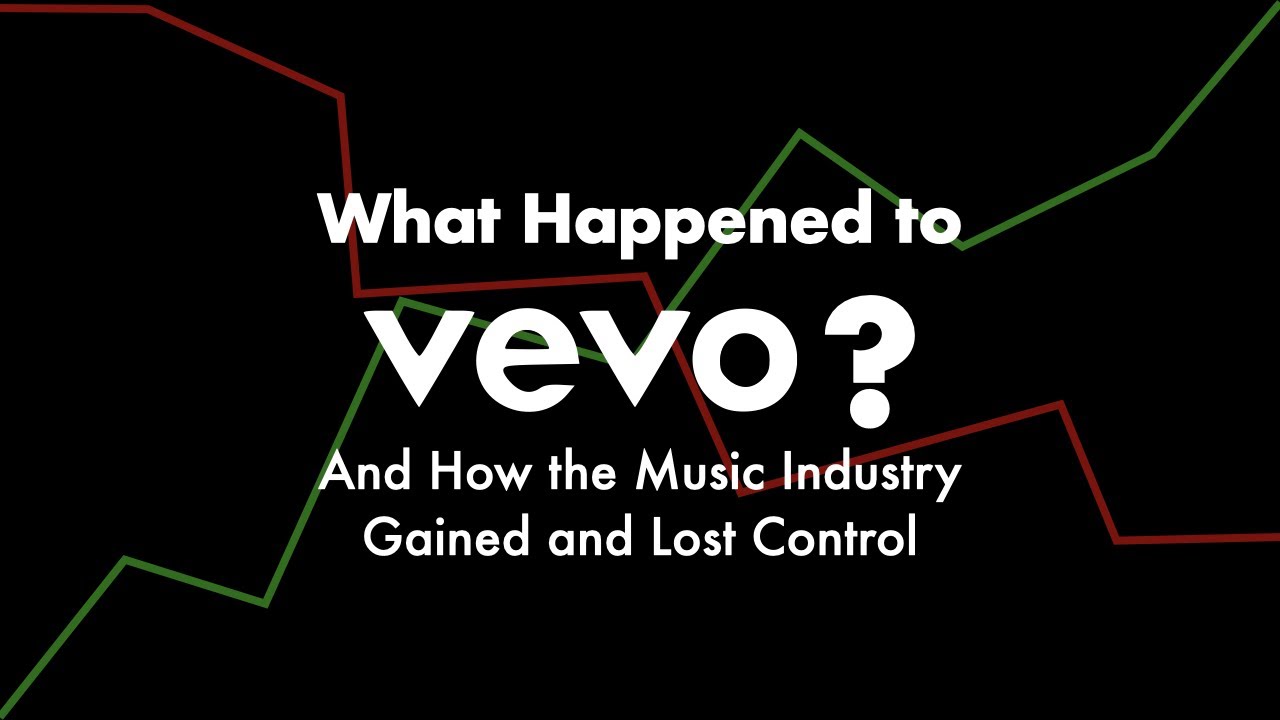
Replies (2)
More like this
Recommendations from Medial
Shaswat Raj
Think. Feel. Build. ... • 2m
Download YouTube Videos in 4K, MP4 & MP3 — Fast, Free & No Ads 🚀 Need a simple way to save YouTube videos or audio? Try the 30Tools YouTube Downloader: a fast, free, and ad-free online tool that lets you download YouTube content in the quality you
See MoreSiddharth K Nair
Thatmoonemojiguy 🌝 • 9m
🎥 From Dating App to Empire: The YouTube Story In February 2005, three former PayPal employees launched a site called YouTube. Their original idea? 💘 A video dating site. The slogan: “Tune in, Hook up.” It flopped. No one uploaded dating videos.
See More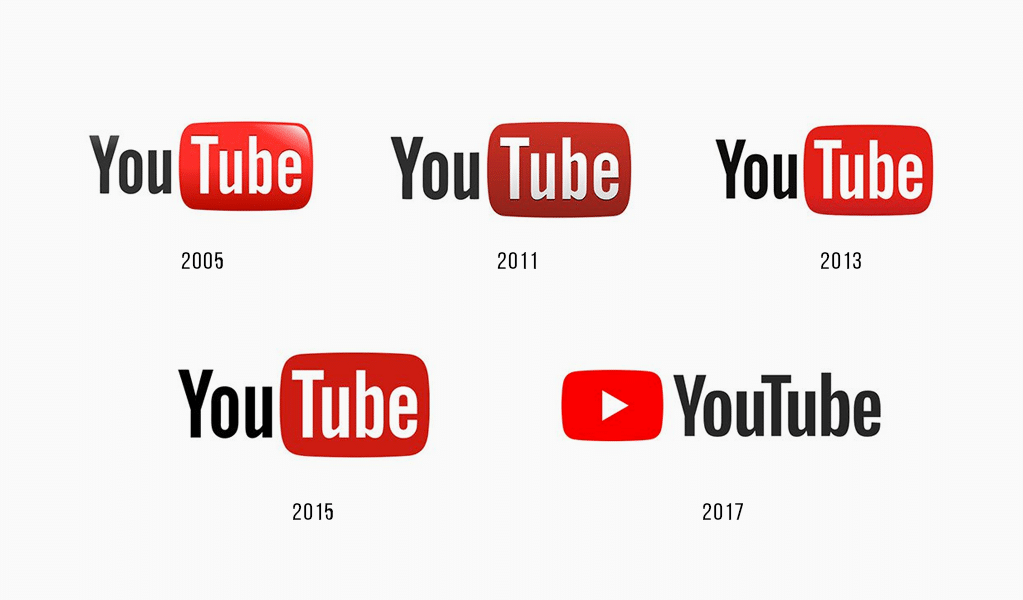
Jayant Mundhra
•
Dexter Capital Advisors • 5m
Quite crazy that YouTube accounts for 35-50% of digital revenues of India's top music labels! But the truly insane part is how this single number hides three totally different business models. The data for the recently FY25 shows a stark divide. Le
See More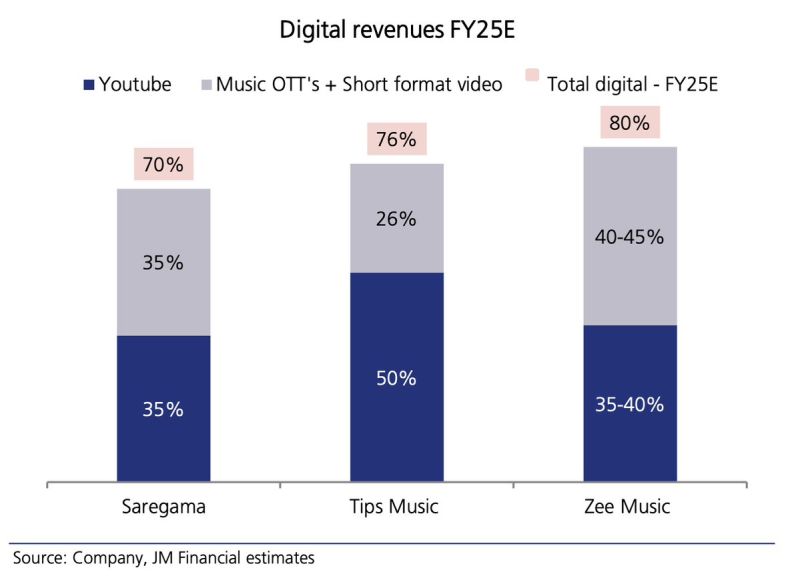
Dhruvraj Chaudhary
NeverGiveUp • 2m
I am learning guitar and I have a good grasp of chords and leads like I'm at an intermediate level I was thinking of posting reels on youtube or instagram but I don't have time to edit videos and handle social media Is anyone interested in the soci
See More
birendra kumar
Looking for a job • 7m
I was just wondering if the business analysis YouTube channels are saturated ? I have been doing this from last 1 year and have seen videos getting copied and produced by many channels. so just wondering if the hustlers here still interested in res
See MoreDownload the medial app to read full posts, comements and news.






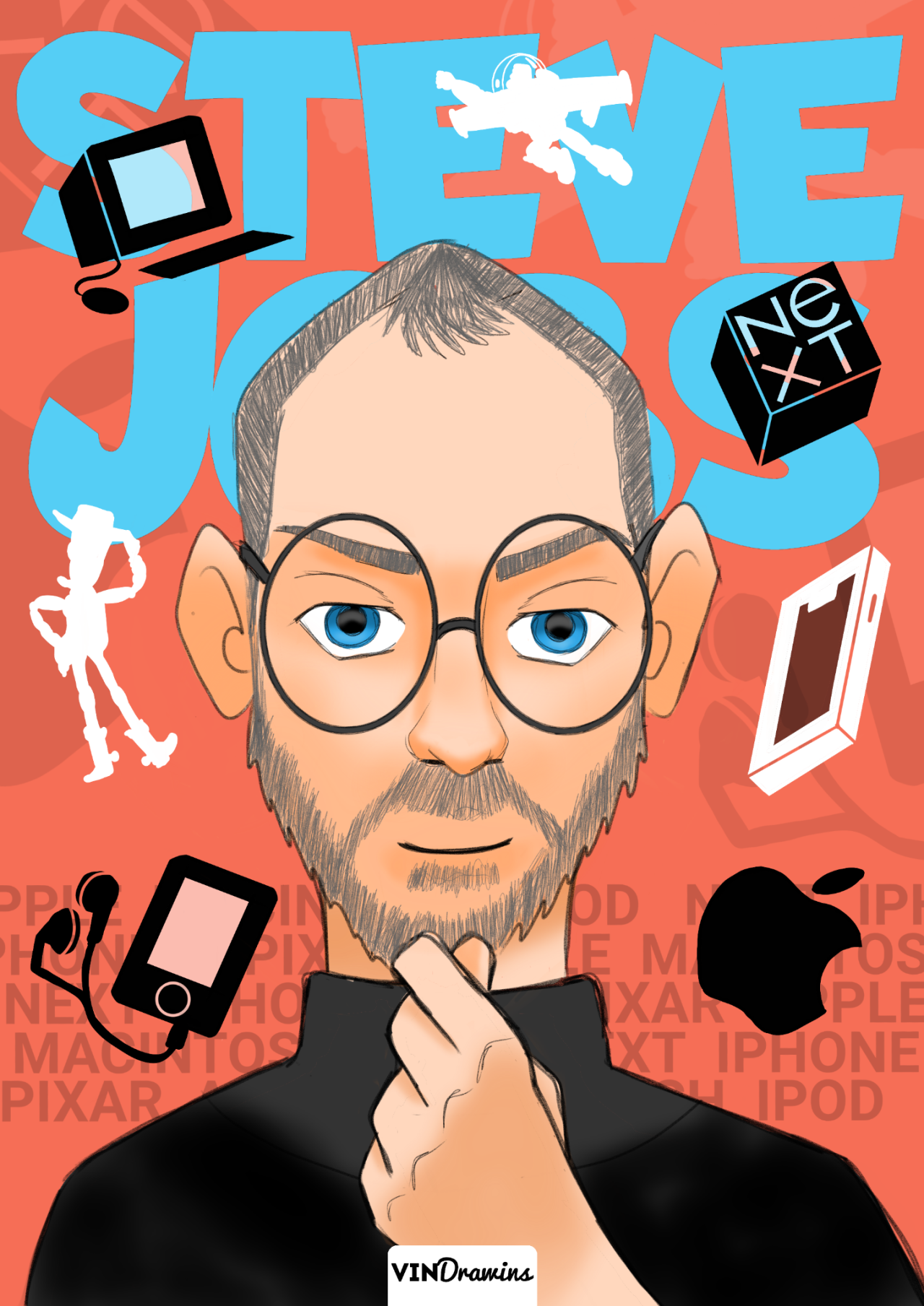

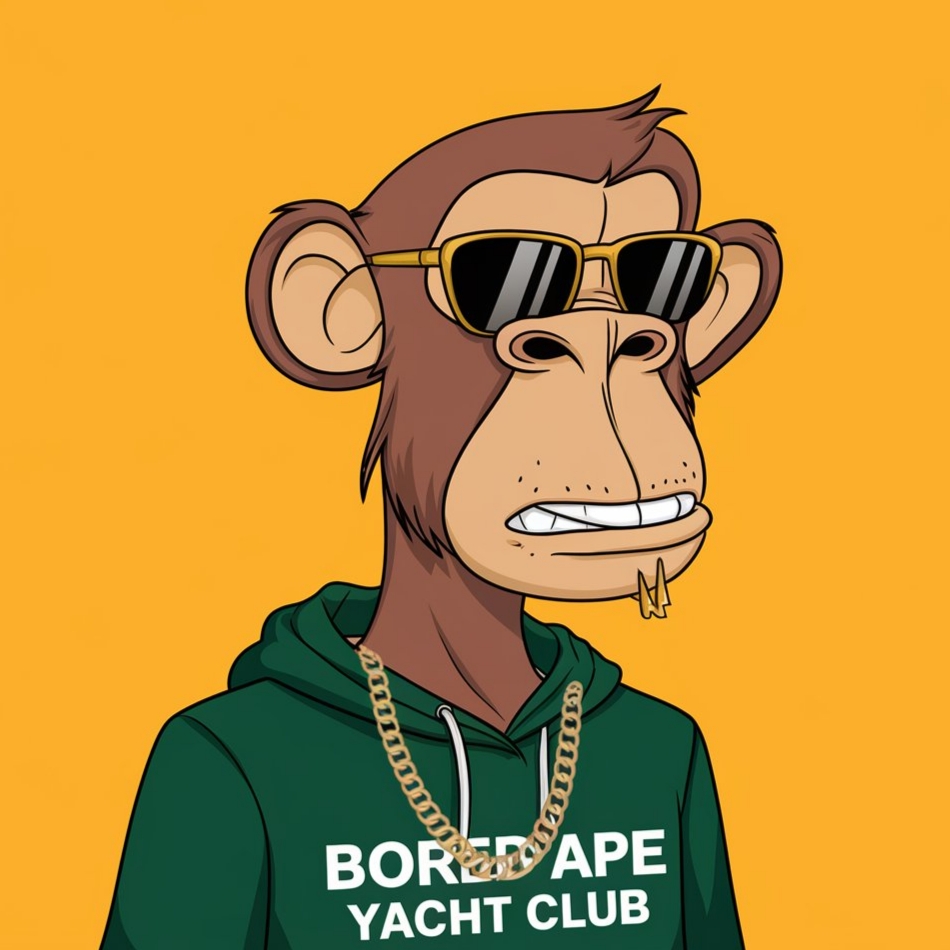


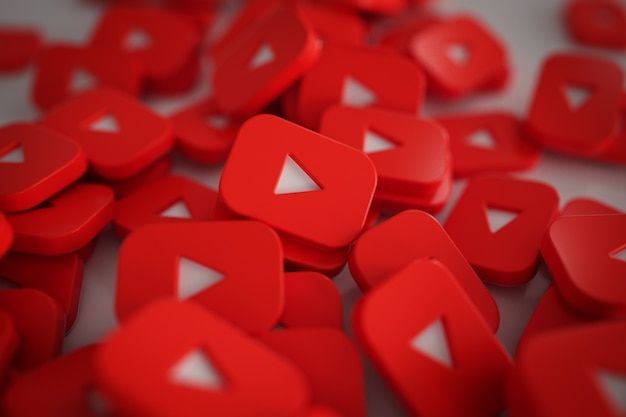








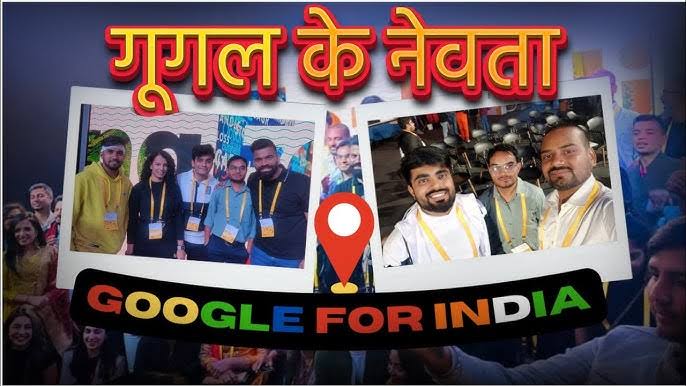

/entrackr/media/post_attachments/wp-content/uploads/2021/08/Accel-1.jpg)



















